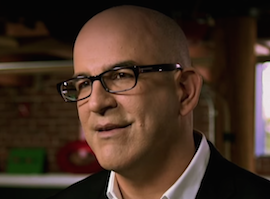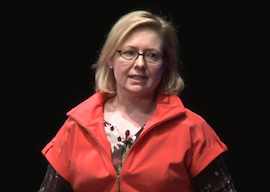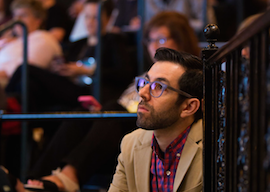From folk tales, to nursery rhymes, to reality television, the practice of storytelling emerges across cultures and histories as a powerful tool that not only entertains, but educates. A compelling story has tremendous psychological pull, offering the escapism from one’s day-to-day, the immersion in a self-driven pursuit toward destiny, the intimacy of witnessing another’s fate unfold.
In contemporary American culture, storytelling grosses billions in entertainment. The Kardashians and Top Chef. Minecraft and The Sims. But this rhetorical tool can do more than make money. Because they are inherently human-centered, stories are an invaluable tool to educate and effect social change. Partnering on social innovation projects in Africa and India, Continuum helped two different organizations to foster social awareness and effect communal change by leveraging the educational power of stories.
Naturally, we wanted to share this story. It’s about teaching rural Africans the value of insurance; it’s about helping middle-class Indians to prevent or manage type 2 diabetes; it’s about telling a story that empowers communities to improve, and even extend their own lives.
Read on in the client story below, and discover how telling a story can prompt social change, #madereal.




